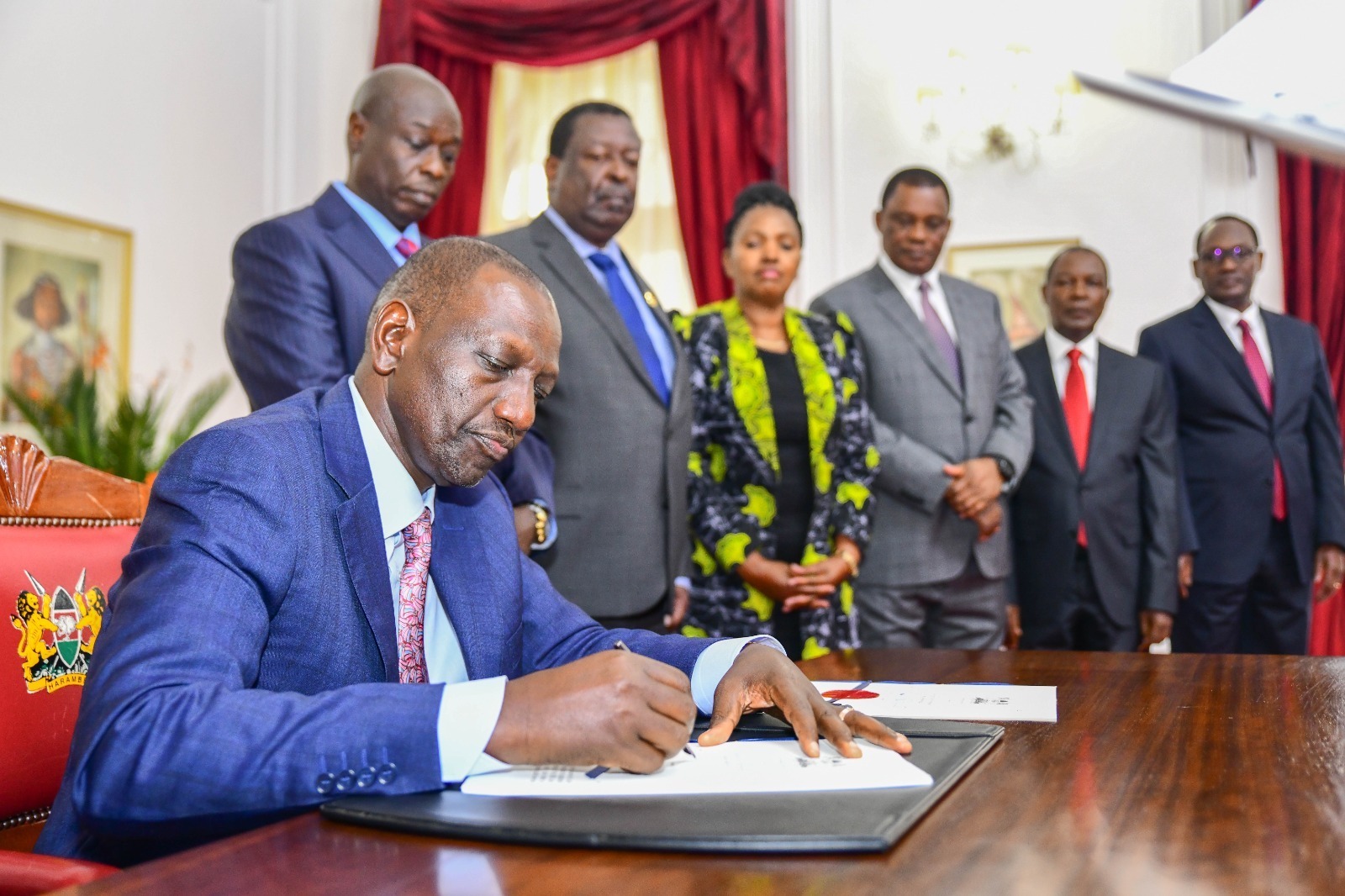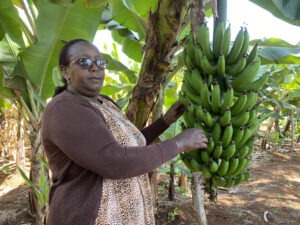
The controversial Finance Bill 2023 has been signed by President Willian Ruto and now it’s law. Do you know what it means for you as a Kenyan worker?
First things first, Kenya Kwanza administration seeks to raise more cash to meet it’s Ksh3.6
trillion budget. The budget which is sizeable increase from 2022/2023 budget by a whooping
Ksh300 billion (Ksh3.3 trillion) comes at the backdrop of Kenyans complaining that the prices of
basic commodities are high but again it’s set to skyrocket further immediately after new taxes
take effect starting July.
Impact on SMEs and content creators
The new bill requires SMEs that makes between Ksh1 million and Ksh25 million to pay 3 per
cent on all the money they make from sales. Content creators on the other hand are required
to pay 5 per cent withholding tax on all the money they make from digital content creation.
Oil prices and high income earners
The prices of petrol, diesel and kerosene is set to hit a record higher after the doubling of VAT
from current 8 per cent to 16 per cent on petroleum products. This will see a sharp increase in
commodities as transport costs are set to go up.
Kenyan with fat paychecks are now required to pay more taxes. A Kenyan earning income of
between Ksh500,000 and Ksh800,000 will be required to pay 32.5 per cent tax. Those earning
more than Ksh800,000 will be paying a 35 per cent tax.
ALSO READ: How children can be involved to end plastic pollution in Kenya
Housing levy, NHIF and betting
Kennya Kwanza administration is set to collect 1.5 per cent monthly housing levy on gross
monthly pay. Additionally, contribution to National Insurance Fund (NHIF) is set to increase to
2.75 per cent on gross pay. Betting companies have not been spared. They are required to pay
an excise duty of 12.5 per cent up from the current 7.5 percent.
Advertisement for alcoholic beverages, lotteries, betting, gaming and prize competitions in
media, including television and newspaper will now attract a withholding tax fee of 15 per cent.
The importers of sugar, furniture, plastic, powdered juice, rubber products, paper and paper
products, particle boards, safety matches, and plywood among other timber products will be
slapped with custom duties of between 10 and 30 per cent. Lastly, fish importers will have to
pay a 10 per cent excise duty or Ksh100,000 per ton on fish imported to the country.
YOU MAY HAVE MISSED: A DIGITAL RESOURCE LIBRARY HAS BEEN LAUNCHED TO HELP ENTREPRENEURS
Subscribe to our newsletter to get interesting news stories everyday






